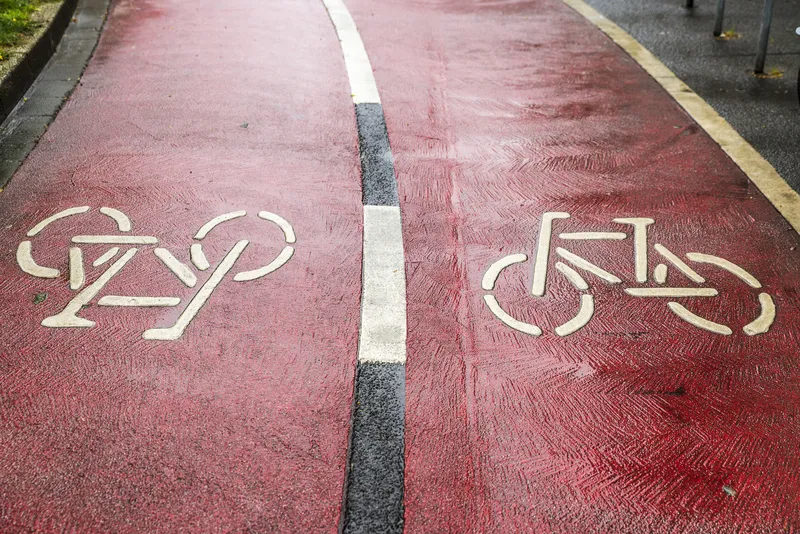Germany plans new legislation to require manufacturers of cars equipped with an autopilot function to install a black box to help determine responsibility in the event of an accident, according to Reuters.
The fatal crash of a Tesla Motors Inc Model S car in its Autopilot mode has increased the pressure on industry executives and regulators to ensure that automated driving technology can be deployed safely.
Under the proposal from Transport Minister Alexander Dobrindt, drivers will not have to pay at
July 19, 2016
Read time: 2 mins
Germany plans new legislation to require manufacturers of cars equipped with an autopilot function to install a black box to help determine responsibility in the event of an accident, according to Reuters.
The fatal crash of a597 Tesla Motors Inc Model S car in its Autopilot mode has increased the pressure on industry executives and regulators to ensure that automated driving technology can be deployed safely.
Under the proposal from Transport Minister Alexander Dobrindt, drivers will not have to pay attention to traffic or concentrate on steering, but must remain seated at the wheel so they can intervene in the event of an emergency.
Manufacturers will also be required to install a black box that records when the autopilot system was active, when the driver drove and when the system requested that the driver take over, according to the proposals.
The draft is due to be sent to other ministries for approval this summer, a transport ministry spokesman said.
The fatal crash of a
Under the proposal from Transport Minister Alexander Dobrindt, drivers will not have to pay attention to traffic or concentrate on steering, but must remain seated at the wheel so they can intervene in the event of an emergency.
Manufacturers will also be required to install a black box that records when the autopilot system was active, when the driver drove and when the system requested that the driver take over, according to the proposals.
The draft is due to be sent to other ministries for approval this summer, a transport ministry spokesman said.










